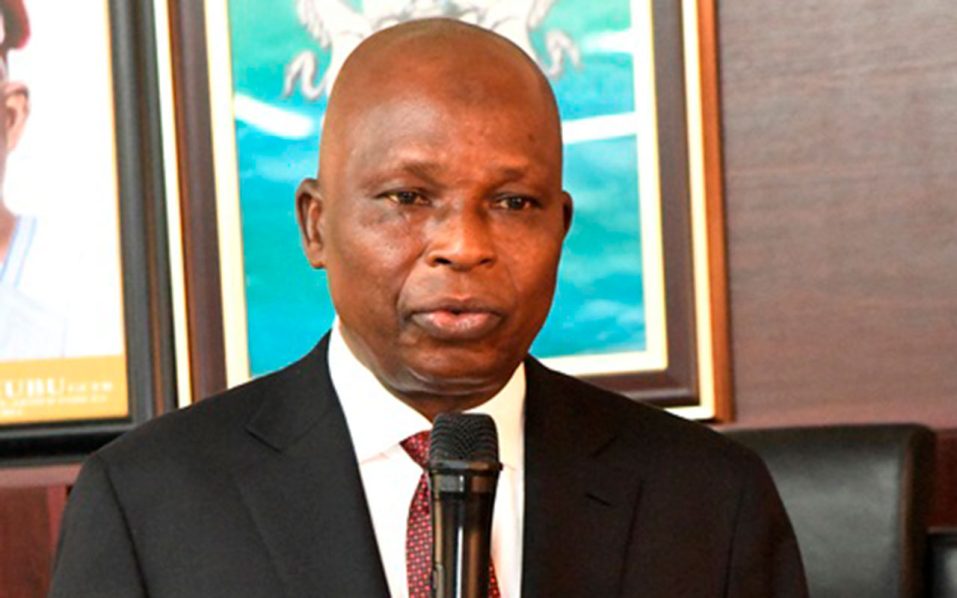
The International Institute for Democracy and Electoral Assistance (International IDEA) supported by the European Union’s Rule of Law and Anti-Corruption Programme (RoLAC), has emphasised the importance of integrating accessibility for people with disabilities into the Criminal Justice system.
This was disclosed at a two-day National Dialogue, which brought together key stakeholders from across Nigeria’s justice system, civil society, and disability rights organisations to address barriers PWDs face in accessing justice.
The dialogue aimed to spotlight the structural and systemic challenges hindering PWDs’ access to justice, including infrastructural, financial, and communication barriers.
Representatives from the National Commission for Persons with Disabilities, the Federal Ministry of Justice, the Nigerian Correctional Service, and various associations of PWDs, among others, participated in the event, sharing insights and recommendations to promote inclusivity in criminal justice administration.
Speaking, Dr. Oluwatoyin Badejogbin, the project manager, Criminal Justice Reform for International IDEA, said that the organisation is working to ensure expansive access to justice for all Nigerians.
“We have been working to support Criminal Justice Reforms to expand access to justice for all Nigerians and essentially includes access to justice for persons with disabilities.
“Just as Nigerians typically will interact and interface with the criminal justice system as victims of criminal activities or criminal infractions or even as perpetrators even so persons with disabilities interact with the system the same way.”
In her goodwill message, Dr. Glory Essien, who represented the Controller General of Corrections, emphasised the need for reforms that would improve the experiences of PWDs who come into contact with the criminal justice system, ensuring that facilities cater to their needs during incarceration.
The Chief Judge of the FCT High Court, Hon. Justice Husseini Baba-Yusuf, called for public awareness campaigns and the integration of assistive technologies to support PWDs in navigating the justice system.
He stressed the importance of training judicial staff on the specific needs of PWDs, saying, “We must ensure that the legal system not only protects but actively empowers vulnerable groups.”
A presentation on the current state of inclusivity in Nigeria’s criminal justice system was delivered by Prof. Chelvchi Onyemelokwe, who also moderated a panel session on “Addressing Barriers to Inclusivity in Criminal Justice and Government Interventions.”
Discussions during the panel touched on practical steps to eliminate obstacles, including the provision of sign language interpreters in courtrooms and the installation of ramps to make public spaces more accessible.
Panelists emphasised the importance of creating awareness about PWDs’ rights, with calls for disability advocacy to be prioritised across all sectors.
“We must not underestimate the power of awareness creation,” one panelist stated, urging stakeholders to address immediate needs such as making courtrooms accessible and ensuring fair hearings for PWDs through the provision of sign language services.
Recommendations from the dialogue included recognising sign language interpretation as a formal profession and integrating it into the educational curriculum to encourage more professionals in the field. Panelists also highlighted the need for government agencies to implement cost-effective measures, such as retrofitting existing infrastructure rather than building new structures, to improve accessibility for PWDs.






